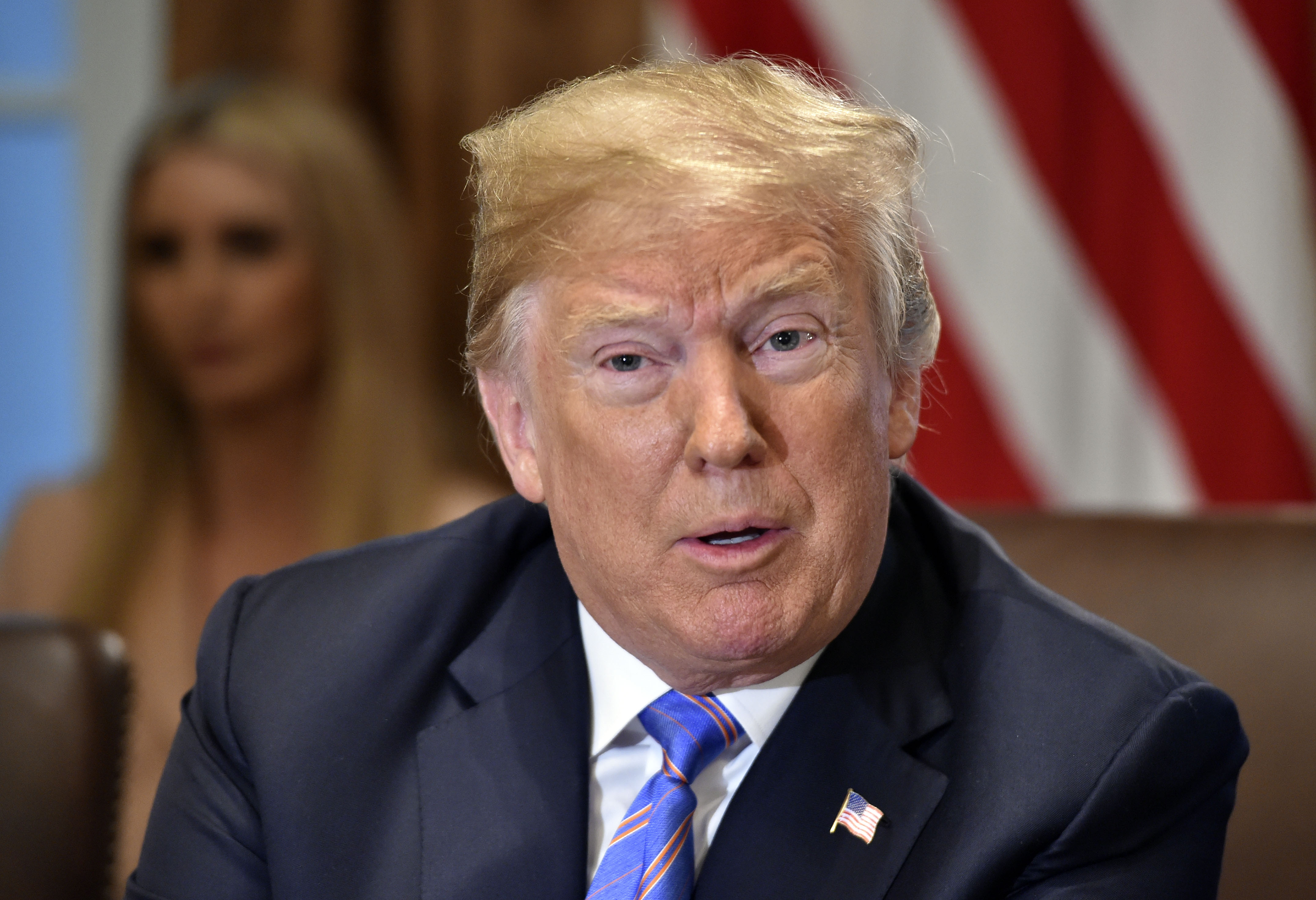Auto industry pleads against new Trump tariffs
Photo: () | ©AFP
Washington (AFP) – US auto industry officials pleaded Thursday with President Donald Trump’s administration to reject a plan to impose tariffs on vehicle imports, which could cripple domestic manufacturing and cause job losses.
Citing national security concerns, the Trump administration in May called for an investigation into auto imports and proposed to increase tariffs to up to 25 percent on vehicles and parts.
Economists warn the measures, coming on top of a host of other tariffs, and retaliation from US trading partners, could harm the global economy.
The overwhelming majority of industry representatives appearing at a Commerce Department hearing said the tariffs would cause job losses, damage the economy, make the industry less competitive and price many Americans out of the auto market.
Former Missouri governor Matt Blunt, head of the American Automotive Policy Council, which represents big three US automakers Ford, General Motors and Fiat Chrysler, said the domestic industry was “very concerned” tariffs would undermine benefits from December’s sweeping corporate tax cuts.
He said “there is no evidence that automotive imports pose a threat to our national security.”
Since the spring, Trump has launched trade wars with European, Asian and North American trading partners, showing particular disdain for lopsided tariffs he said allow imported autos into the United States but keep US-produced vehicles out of foreign markets.
Commerce has been collecting public comments on the proposal, which also have been overwhelmingly opposed, and is not expected to present its findings to the White House for about two months.
Trump also invoked the national security justification to impose steep tariffs on steel and aluminum imports, angering key allies.
The US imported $212 billion in autos last year, $151 billion more than it exported, a deficit that has risen 29 percent since 2013, according to Commerce Department figures.
Despite overwhelming opposition to the auto duties, Commerce Secretary Wilbur Ross said the administration was not obliged to heed those views.
“This is not a plebiscite,” he told CNBC early Thursday, adding that he was not surprised the opposing voices dominate since “The affected parties are the ones who will likely give testimony.”
Several participants at the hearing said the proposed tariffs would weaken domestic investment, notably in the efforts to develop technologies such as electric and autonomous vehicles.
– Tariffs and innovation –
“Imports help drive innovation. They help drive production,” said Linda Dempsey of the National Association of Manufacturers, a major Washington lobby group.
“They also help us keep higher value manufacturing here.”
Peter Welch, head of the National Automobile Dealers Association, said industry research shows the measures would cause 715,000 job losses.
In addition, the tariffs could slice nearly $60 billion off GDP, reduce sales by two million units and raise monthly auto loan payments.
“Our customers are already strapped to make those payments,” he said.
Ann Wilson, a lobbyist for the Motor & Equipment Manufacturers Association, said if US automakers were denied access to low-cost labor in other markets, they would lose out to Asian and European manufacturers.
“If we are not able to have access to that, we are no longer going to be able to be globally competitive,” she said.
The United Auto Workers trade union stood out as a lone voice of support, but warned that “rash actions” could be harmful.
Jennifer Kelly, the UAW’s research director, said the US auto trade deficit more than doubled in the last 20 years, while there are fewer US autoworkers and fewer domestically-produced vehicles than in 2000.
“We know that the automotive industry is a global industry with long, complicated, well-established supply chains,” she said.
“We caution that any rash actions could have unforeseen consequences, including mass layoffs of American workers,” she added.
“That doesn’t mean we should do nothing.”
Disclaimer: This story has not been edited by Siliconeer and is published from a syndicated feed. Siliconeer does not assume any liability for the above story. Validity of the above story is for 7 Days from original date of publishing. Content copyright AFP.


